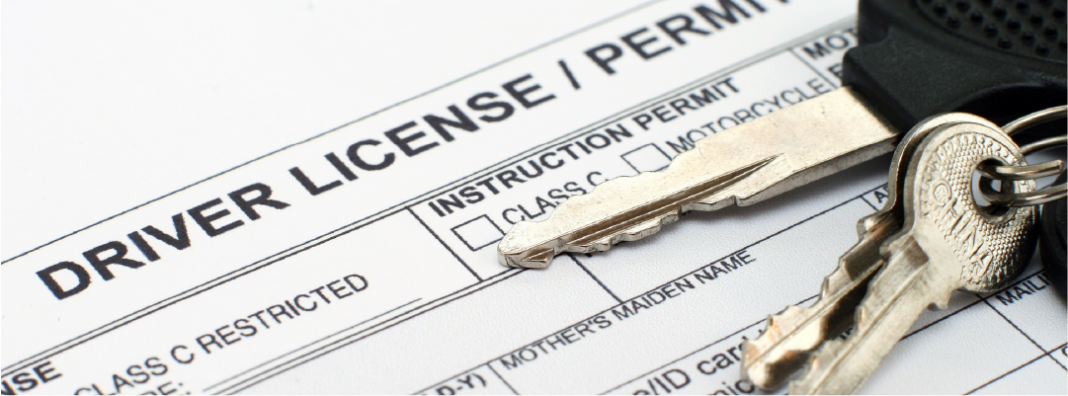
This year, the Minnesota Legislature will decide whether to allow unauthorized immigrants to obtain driver’s licenses. Proponents of such policies argue that they help unauthorized immigrant drivers to understand the rules of the road and allow them to purchase auto insurance. In contrast, opponents worry that such policies induce unauthorized immigrants onto the road and make driving less safe.
The News Tribune opined in opposition to the idea on Jan. 24: “Our View: Reject misguided ‘driver’s licenses for all’ — again.”
In our 2021 peer-reviewed study, two coauthors and I decided to test the competing theories. We found that policies like the legislation being proposed in Minnesota enabled unauthorized immigrants who were already behind the wheel to get licensed and purchase auto insurance without increasing the number of unauthorized drivers or reducing traffic safety.
To study the effects of these policies, we leveraged the fact that from 2008 through 2016, nine states and the District of Columbia began allowing unauthorized immigrants to obtain driver’s licenses. This “natural experiment” permitted us to compare changes in driving-related outcomes in states that adopted these policies to the associated changes in states not adopting these policies at the same point in time.
First, we found that states newly allowing unauthorized immigrants to obtain driver’s licenses saw an increase in the number of licensed drivers. Next, we showed that these states experienced an increase in auto insurance coverage following the law change compared to states not adopting these policies. Taken together, these results indicate that unauthorized immigrants will get licensed and purchase auto insurance coverage when permitted to do so.
However, it was perhaps more interesting what we did not find. We did not find any change in the number of vehicle miles driven or driving-related air pollution. Since these findings indicate that there was not more driving happening after the laws changed, they suggest that unauthorized immigrants were already driving prior to the adoption of the policies. Indeed, with limited access to public transit, unauthorized immigrants in Minnesota are already driving unlicensed in order to get to work and to provide for their families.
Importantly, others have examined this question and reached similar conclusions, showing that policies like the bill proposed in St. Paul lead to fewer hit-and-run accidents, while laws prohibiting unauthorized immigrants from obtaining driver’s licenses increase auto insurance premiums.
Overall, the research indicates that if allowing unauthorized immigrants to get drivers licenses passes in Minnesota, all state residents — regardless of how they feel about unauthorized immigration — are likely to benefit.


 Duluth News Tribune
Duluth News Tribune